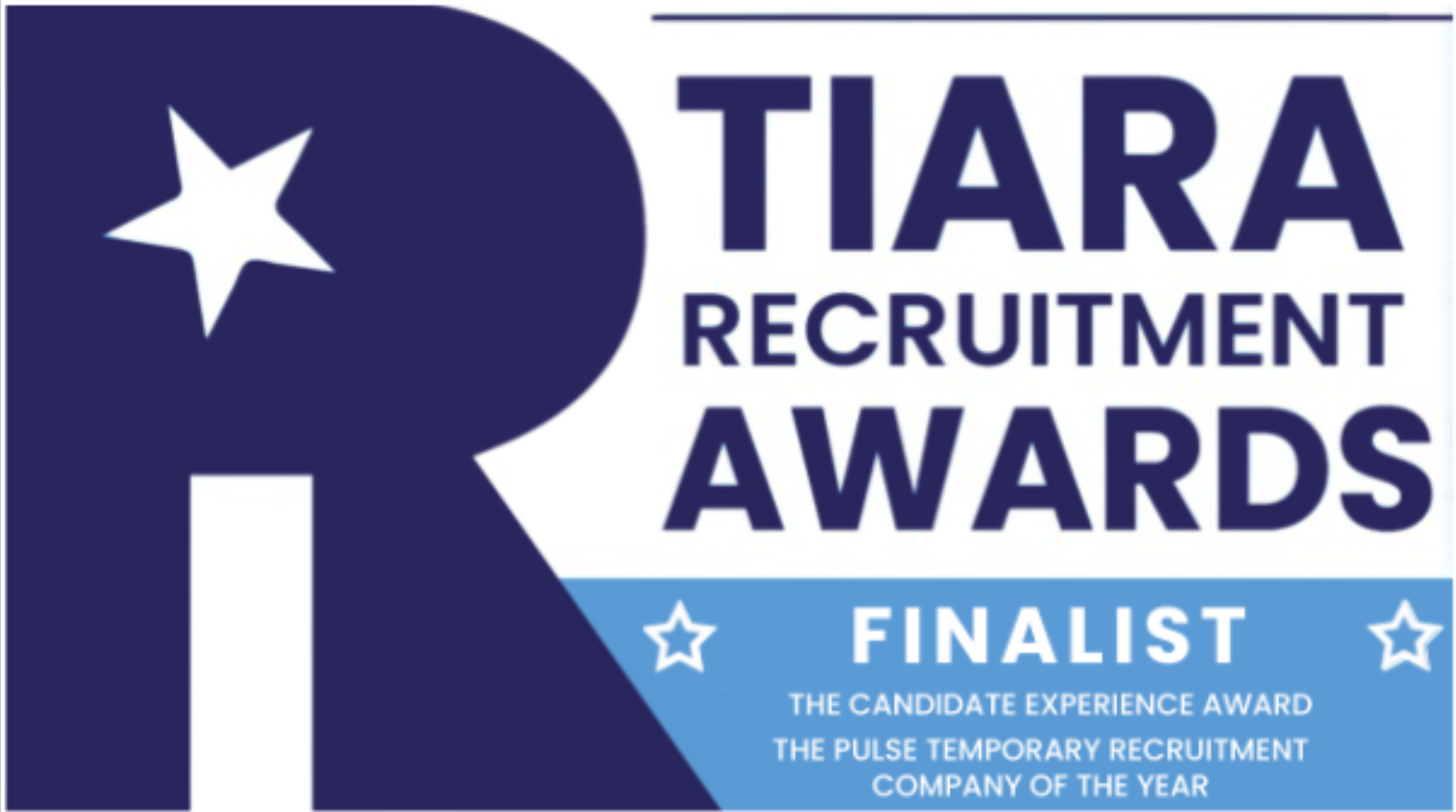Have you been ‘Career Catfished’?

A new and bizarre workplace trend is emerging… Career Catfishing.
Have you heard of it? Experienced it before? Or maybe, you’ve catfished yourself?
The term Career Catfishing is defined as:
Candidates accepting a job offer, even going as far as signing a contract, but never showing up for the job on their first day.
With the trend growing in popularity, it’s shaking up the traditional recruitment norms. In fact, in a recent study, 34% of Gen Z employees admitted to ‘Career Catfishing’, 24% of Millennials also did, as well as 7% of Boomers.
The ‘Career Catfishing’ trend is being led largely by the fact that the younger generation are finding the process of securing a new role exhausting. With it being highlighted that candidates need to submit 27 job applications in order to land just 1 job interview, 71% of Gen Z job seekers are frustrated by the lack of feedback they receive when applying for roles; this is one of the many reasons contributing to this trend gaining popularity.
Additionally, 65% stated that they are irritated by the length of the application process and are annoyed by being ghosted by employers.
Factors like these mean that when candidates do finally hear from employers regarding their applications, their feelings towards the role may have changed.
Although these statistics might just look like another example of younger workers being unprofessional or unwilling to follow traditional workplace norms, in reality, they highlight a system that fails to engage them meaningfully.
CEO and Co-Founder of KickResume, Pete Duris, recently stated in an interview that the reason for Career Catfishing may be that applicants may have spotted red flags during the recruitment process, leading to them accepting a better job offer elsewhere.
And for a generation generally known for being scared to pick up the phone, calling a recruiter or hiring manager to tell them that they won’t be accepting the job anymore can be a daunting task that they’d rather not do.
What Does This Trend Mean
Movements like Career Catfishing demonstrate the growing change in workplace priorities. Preferences such as flexibility, mental well-being, and work-life balance are top of the list for many, so when job searchers don’t find this, they aren’t afraid to disengage and career catfish.
However, repeat offenders of Career Catfishing will feel the repercussions of their actions.
Being unreliable in committing, poor communication, and lack of honesty can damage a candidate’s professional reputation, making finding a job much harder in the future.
How To Combat Career Catfishing
Recruiting and onboarding the right people is a timely and costly process.
Career Catfishing not only adds to these costs but also puts a huge strain on recruiters’ relationships with businesses. As we’ve established, the trend is largely caused by changing workplace preferences and the younger workforce growing size, so here are a few things to consider to combat the trend:
- Communication is key. Staying in touch with new hires right up until they start is important; a long gap between the job offer and their start date can lead to a lot of change in those weeks.
- Clear Job Descriptions. Setting expectations as to what the job entails, requirements from the successful candidate and benefits they’ll receive is crucial for engaging candidates – from initially attracting talent, securing a new hire, to having them start and staying!
- Streamline the Hiring Process. Reducing the hiring timeline can keep candidates engaged and stop them from looking around for ‘better alternatives’.
Keen to discover more ways to combat career catfishing? Our Consultants have plenty more.
Explore Live Job Roles Here
AVAILABLE NOW
2026 Essential Data Centre Industry Guide
GET IN TOUCH











